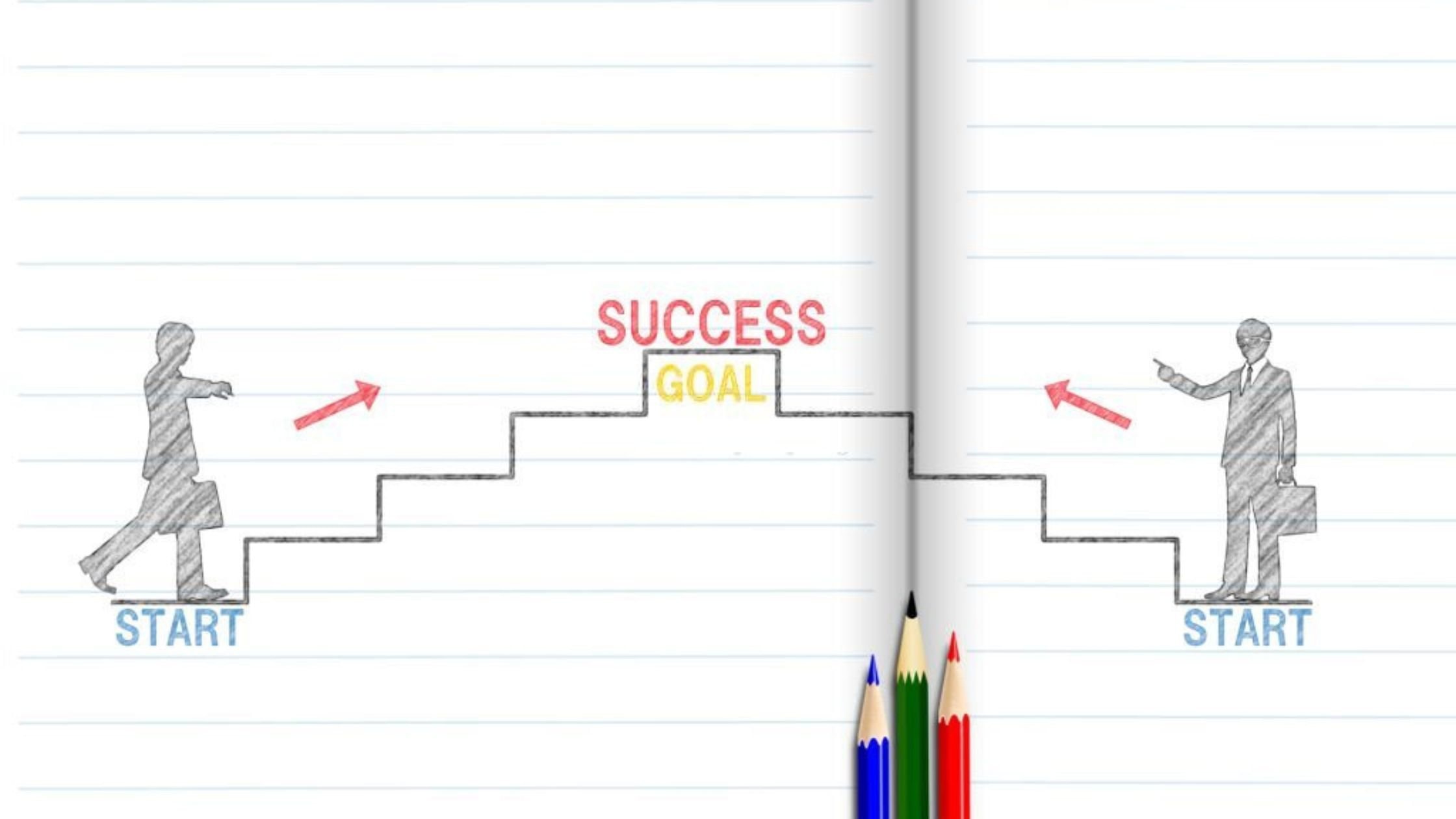
Should You Become PMP Certified? – Here’s Why Becoming A Certified Project Management Professional Can Boost Your Career

If you’re considering a career in project management or looking to advance in your current role, becoming a certified Project Management Professional (PMP) could be the key to unlocking new opportunities. In this article, we will explore the benefits of obtaining PMP certification, why it can boost your career, and provide valuable insights on how to prepare for the PMP exam.
What Is The Project Management Professional (PMP)?
So what’s PMP? The PMP is a certification given by the Project Management Institute (PMI) for project managers that want to take their career to the next level. Project managers all over the globe have been taking the PMP to keep up with each other, and now it has become the highest and most desired certification for project managers. Some companies have even made it a requirement for their project managers to pass the Project Management Professional exam and become certified.
Almost 3M project managers from many countries benefit from the guidance and certifications offered by the Project Management Institute. So what exactly are the requirements you need to fill in order to take the next step and become PMP Certified?
Why Become PMP Certified?
PMP certification offers numerous advantages for project management professionals:
- Career Advancement: PMP certification is highly recognized and respected in the industry, opening doors to higher-level positions and increased earning potential.
- Global Recognition: PMP is a globally recognized certification, demonstrating your ability to manage projects effectively across different industries and geographical locations.
- Industry Standard: PMP certification is based on industry best practices and the Project Management Body of Knowledge (PMBOK), providing a solid foundation for successful project management.
- Enhanced Skills: The PMP exam covers a wide range of project management topics, allowing you to deepen your knowledge and develop advanced skills in areas such as risk management, stakeholder engagement, and project planning.
- Networking Opportunities: Joining the PMP community offers valuable networking opportunities, enabling you to connect with other professionals, share experiences, and learn from industry leaders.
- Increased Confidence: PMP certification validates your project management expertise, boosting your confidence in handling complex projects and gaining the trust of stakeholders.
Preparing for the PMP Exam
Successfully passing the PMP exam requires careful preparation and dedication. Follow these steps to maximize your chances of success:
- Review the Exam Requirements: Familiarize yourself with the PMP eligibility requirements, including project management experience and education hours, to ensure you meet the prerequisites.
- Understand the Exam Format: The PMP exam consists of multiple-choice questions and is divided into five domains: initiating, planning, executing, monitoring and controlling, and closing. Understand the exam structure and scoring system.
- Study the PMBOK Guide: The Project Management Body of Knowledge (PMBOK) is the primary reference for the PMP exam. Study and understand the concepts, processes, and best practices outlined in the guide.
- Enroll in PMP Exam Prep Courses: Consider joining PMP exam prep courses or workshops to gain a comprehensive understanding of the exam content and test-taking strategies.
- Practice with Sample Questions: Utilize sample PMP exam questions to familiarize yourself with the exam format, assess your knowledge gaps, and practice time management.
- Create a Study Plan: Develop a study plan that covers all the domains and knowledge areas tested in the PMP exam. Allocate sufficient time for review and practice.
- Utilize Study Resources: Explore additional study resources such as PMP exam prep books, online forums, and practice exams to enhance your knowledge and test readiness.
- Join Study Groups: Collaborate with other PMP aspirants by joining study groups or online communities. Share insights, discuss challenging topics, and support each other throughout the study process.
- Take Mock Exams: As you approach your exam date, take mock exams to simulate the actual testing environment and identify areas that require further review.
- Exam Day Preparation: On the day of the exam, ensure you are well-rested, have all necessary documents, and arrive early at the exam center to minimize stress.
The Next Step To Get PMP Certification
Once you have the thirty five hours of project management training what you need to do next is to organize all of your study material and create a study schedule with the PMP exam as your goal.
All PMP candidates should think of the exam as another project that should be conquered by the end of your study plan. Once you have the Project Management Body of Knowledge down, there are plenty of study guides and courses online that can help you test your knowledge of both the PMBOK and the PMP Question Bank. In fact, Brain Sensei’s PMP Exam Simulator is able to build realistic PMP exams that you can take before the real thing, with over 1500 questions being generated randomly per exam.
Make sure you pay extra attention to any sections you fail and keep track of your weak points so you can keep revising them, and go through all of the theory until you master it. Once you’re able to get a passing score on the practice tests and you feel confident enough, it’s time to sign up for the real thing.
Getting A Project Management Certification Can Boost Your Career
So what makes a PMP project manager stand out? In case you’re still on the fence on whether getting PMP Certified is a good option for you, let us go ahead and list all of the reasons why you should get a Project Management Certification and what it can do for you.
More Opportunities
Being PMP Certified will let your employers and colleagues know that you are prepared and smart enough to have passed the exam. This will open up more doors for you and make you a candidate for roles you wouldn’t have been considered before.
Higher Salary
A survey made by the Project Management Institute found that having a Project Management Certification will 100% give your salary a boost. According to the same survey, a Project Manager who is Project Management Professional certified can get around twenty percent more pay than someone who doesn’t have the PMP.
International Recognition
As we mentioned before, the Project Management Institute is recognized worldwide, which means handling a project overseas could be an easier task for someone that is PMP Certified, not only because of the knowledge they would have, but because shareholders and partners will highly prefer a PMP Certified Project Manager.
Learn The Best Practices
Studying for the Project Management Professional Certification will open up a lot of knowledge for you about the best practices that are implemented by project managers with more experience all over the world, who have already developed the most efficient ways to manage any projects successfully.
Being PMP Certified Will Impact Your Value In Any Project
Any organization is aware of the value being PMP Certified has, and what a PMP Certified Project Manager will be able to add to any project. You can be sure most of them already know how they can benefit from their project managers having a PMP Certification, and the reasons are very simple.
What being PMP certified can add to your organization:
- Clients are more likely to trust project managers who are PMP Certified much more than those who don’t.
- Organizations have a higher opportunity of getting a project if there are PMP Certified project managers working there.
- Being able to satisfy clients with the knowledge that there will be PMP Certified project managers working on their project, who already know the best practices and have experience successfully completing projects
I’ve Got My PMP Certification! Now What’s Next?
Deciding you want to get Project Management Professional certified is the first step and actually studying and preparing for it is definitely the hardest part. After all of your hard work helps you pass the exam and you become PMP Certified, you’ve certainly done all of the difficult bits! Congratulations!
Now you need to know how to retain it and keep an eye on everything you need to have ready every 3 years so you can renew it.
Don’t Forget To Renew Your PMP Certification
Fortunately for all project managers, renewing your PMP Certification is nowhere near as hard as it was to acquire it for the first time. What you need to do is quite straightforward and easy to remember: every 3 years you need to earn and submit sixty PDUs to ensure your renewal and continue being a PMP.
There are plenty of sources you can get your PDUs from like trainings, courses and you can even do some volunteering work. Check out some of our other articles that detail all of the opportunities PMP certified project managers have to earn the necessary amount of PDUs and keep their certification valid.
The most important thing you should know is that you don’t have to take the exam again! If that was stopping you from becoming certified, you can rest assured now.
Sign-up for a 7-day free trial! Try the first two modules of Brain Sensei’s story-based PMP and CAPM Exam Prep courses and a mini practice exam and see how it all works
Conclusion
Becoming a certified Project Management Professional (PMP) can significantly enhance your career prospects and validate your project management expertise. The benefits of PMP certification, including career advancement, global recognition, and enhanced skills, make it a valuable investment in your professional growth. By following the steps outlined in this guide and dedicating time to prepare for the PMP exam, you can increase your chances of success and unlock new opportunities in the field of project management.
Have you led projects and are looking to earn a project management certification? You might be interested in learning about how lucrative this can be. Check out these articles.
13 PMP Benefits Once You Get The PMP Certification
No experience leading projects but still want to get into project management? No problem! Check out these articles.
CAPM Certification Eligibility
What is a Certified Project Manager; How do I get PM Certifications


